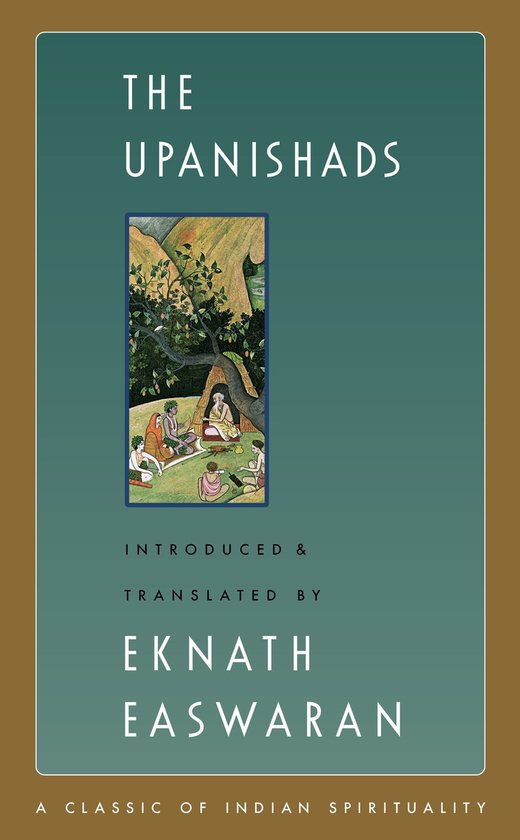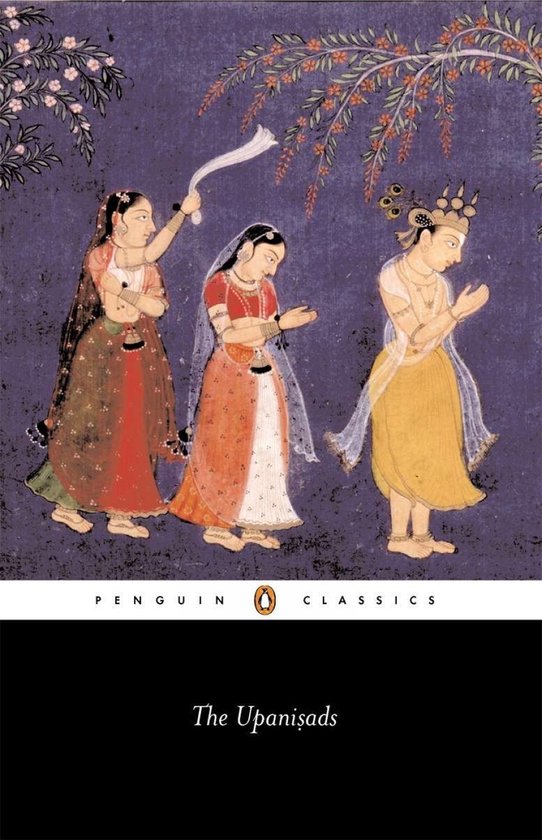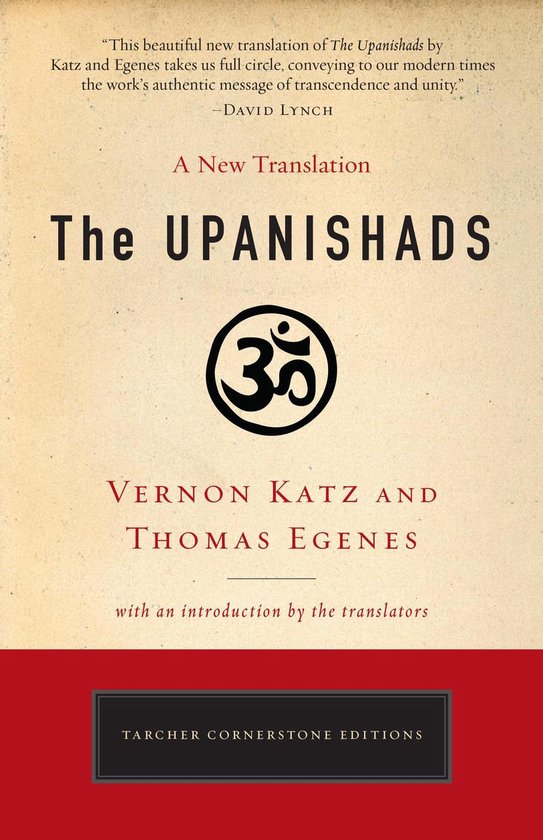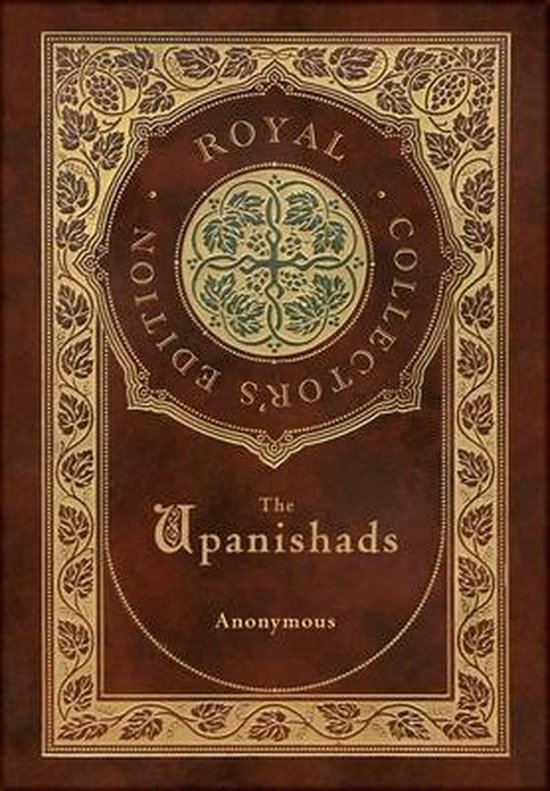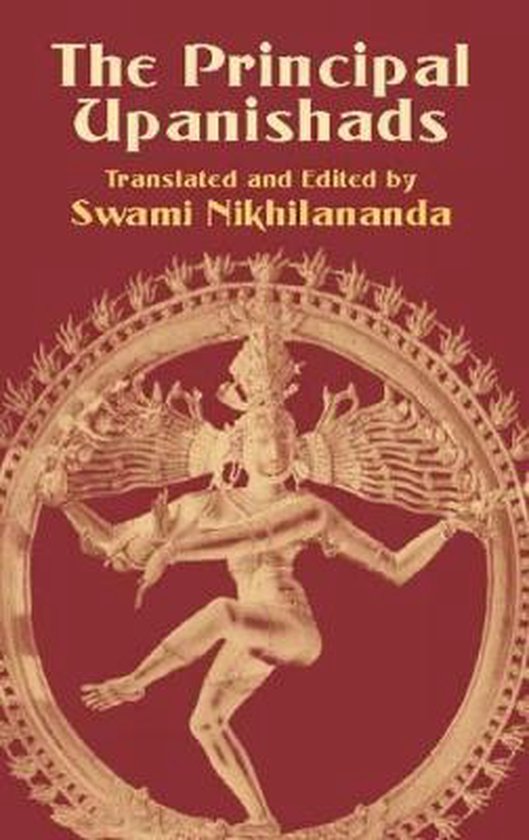
The Principal Upanishads
"His translation is faithful and economical and it is embedded in notes and explanations which clarify the meaning, wherever it might be ambiguous for a western reader." &; The Times (London) Literary Supplement.
"The translation is both faithful and graceful, and the exposition is authentic, instructive, and attractive; they often shed new light on old concepts and bring out their significance in the perspective of modern Western thought." &; S. J. Chatterjee, Philosophy East and West.
Generations of seekers have turned to the Upanishads as a source of timeless wisdom and inspiration. Handed down orally from teacher to disciple, they are regarded by Hindus as eternal, without beginning or human authorship, and as possessing the universal truth common to all religions and faiths. Their twofold structure encompasses advice on the conduct by which to attain material prosperity in life and happiness after death, as well as guidance along the path by which one is liberated from ignorance and enabled to realize the highest good.
This volume comprises the major Upanishads, regarded as the basis of the Vedanta philosophy and the outstanding contribution of Hindu thinkers to the philosophical thought of the world. A comprehensive glossary addresses the Sanskrit terms contained in this volume: prepared as a sort of Upanishadic dictionary, it provides a variety of meanings for each word, italicizing those especially pertinent to the Upanishadic texts. This abridged edition will be particularly useful for students in universities and theological seminaries where the Upanishads are studied in connection with comparative religion or world literature.
"The translation is both faithful and graceful, and the exposition is authentic, instructive, and attractive; they often shed new light on old concepts and bring out their significance in the perspective of modern Western thought." &; S. J. Chatterjee, Philosophy East and West.
Generations of seekers have turned to the Upanishads as a source of timeless wisdom and inspiration. Handed down orally from teacher to disciple, they are regarded by Hindus as eternal, without beginning or human authorship, and as possessing the universal truth common to all religions and faiths. Their twofold structure encompasses advice on the conduct by which to attain material prosperity in life and happiness after death, as well as guidance along the path by which one is liberated from ignorance and enabled to realize the highest good.
This volume comprises the major Upanishads, regarded as the basis of the Vedanta philosophy and the outstanding contribution of Hindu thinkers to the philosophical thought of the world. A comprehensive glossary addresses the Sanskrit terms contained in this volume: prepared as a sort of Upanishadic dictionary, it provides a variety of meanings for each word, italicizing those especially pertinent to the Upanishadic texts. This abridged edition will be particularly useful for students in universities and theological seminaries where the Upanishads are studied in connection with comparative religion or world literature.
| Auteur | | Swami Nikhilananda |
| Taal | | Engels |
| Type | | Paperback |
| Categorie | | Religie, Spiritualiteit & Filosofie |
